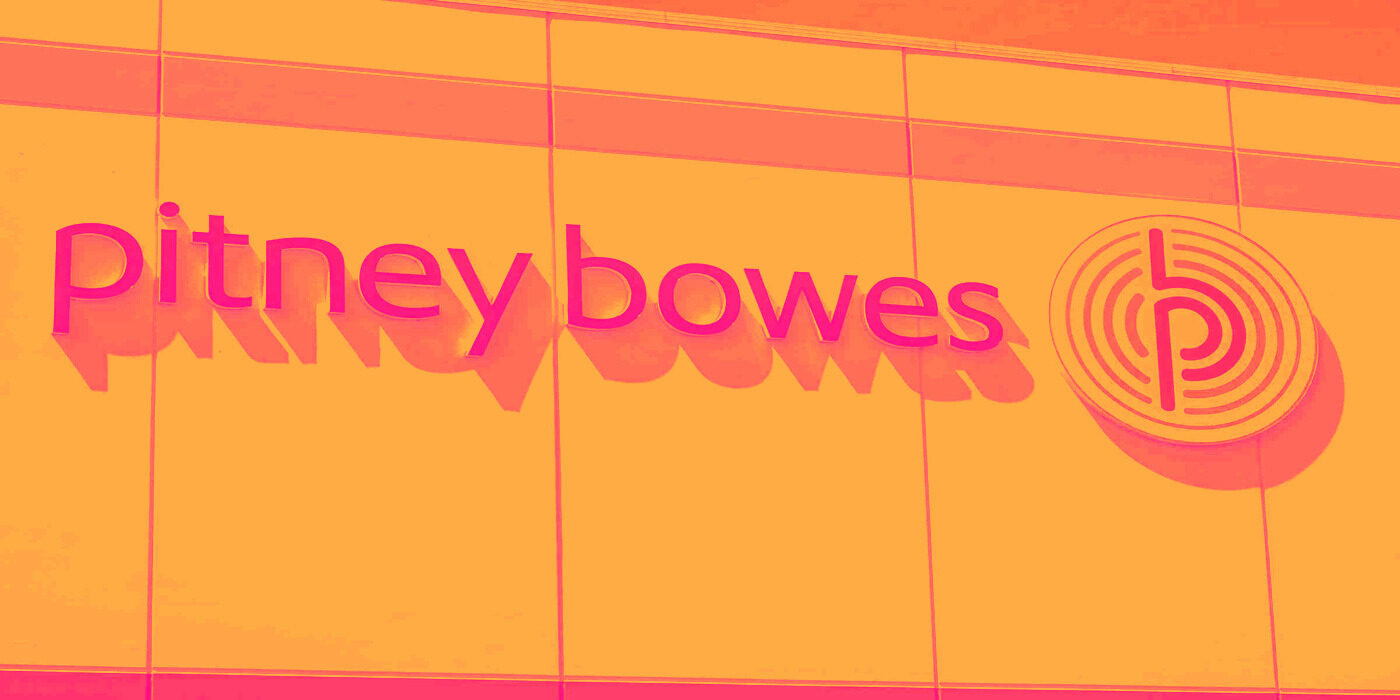
Many small-cap stocks have limited Wall Street coverage, giving savvy investors the chance to act before everyone else catches on. But the flip side is that these businesses have increased downside risk because they lack the scale and staying power of their larger competitors.
The downside that can come from buying these securities is precisely why we started StockStory - to isolate the long-term winners from the losers so you can invest with confidence. That said, here is one small-cap stock that could be the next big thing and two that may have trouble.
Two Small-Cap Stocks to Sell:
Pitney Bowes (PBI)
Market Cap: $1.52 billion
With a century-long history dating back to 1920 and processing over 15 billion pieces of mail annually, Pitney Bowes (NYSE:PBI) provides shipping, mailing technology, logistics, and financial services to businesses of all sizes.
Why Are We Cautious About PBI?
- Customers postponed purchases of its products and services this cycle as its revenue declined by 10.5% annually over the last five years
- Forecasted revenue decline of 3.4% for the upcoming 12 months implies demand will fall even further
- Lacking free cash flow generation means it has few chances to reinvest for growth, repurchase shares, or distribute capital
At $9.43 per share, Pitney Bowes trades at 7x forward P/E. Read our free research report to see why you should think twice about including PBI in your portfolio.
LGI Homes (LGIH)
Market Cap: $1.08 billion
Based in Texas, LGI Homes (NASDAQ:LGIH) is a homebuilding company specializing in constructing affordable, entry-level single-family homes in desirable communities across the United States.
Why Do We Think LGIH Will Underperform?
- Demand cratered as it couldn’t win new orders over the past two years, leading to an average 10.4% decline in its backlog
- Diminishing returns on capital suggest its earlier profit pools are drying up
- Depletion of cash reserves could lead to a fundraising event that triggers shareholder dilution
LGI Homes is trading at $46.73 per share, or 10.8x forward P/E. To fully understand why you should be careful with LGIH, check out our full research report (it’s free for active Edge members).
One Small-Cap Stock to Watch:
HNI (HNI)
Market Cap: $1.81 billion
With roots dating back to 1944 and a significant acquisition of Kimball International in 2023, HNI (NYSE:HNI) manufactures and sells office furniture systems, seating, and storage solutions, as well as residential fireplaces and heating products.
Why Does HNI Stand Out?
- Operating margin improvement of 3.9 percentage points over the last five years demonstrates its ability to scale efficiently
- Share repurchases have amplified shareholder returns as its annual earnings per share growth of 25.4% exceeded its revenue gains over the last two years
- Historical investments are beginning to pay off as its returns on capital are growing
HNI’s stock price of $39.46 implies a valuation ratio of 10.2x forward P/E. Is now the right time to buy? Find out in our full research report, it’s free for active Edge members.
Stocks We Like Even More
Trump’s April 2025 tariff bombshell triggered a massive market selloff, but stocks have since staged an impressive recovery, leaving those who panic sold on the sidelines.
Take advantage of the rebound by checking out our Top 9 Market-Beating Stocks. This is a curated list of our High Quality stocks that have generated a market-beating return of 183% over the last five years (as of March 31st 2025).
Stocks that made our list in 2020 include now familiar names such as Nvidia (+1,545% between March 2020 and March 2025) as well as under-the-radar businesses like the once-micro-cap company Kadant (+351% five-year return). Find your next big winner with StockStory today for free. Find your next big winner with StockStory today. Find your next big winner with StockStory today
StockStory is growing and hiring equity analyst and marketing roles. Are you a 0 to 1 builder passionate about the markets and AI? See the open roles here.
